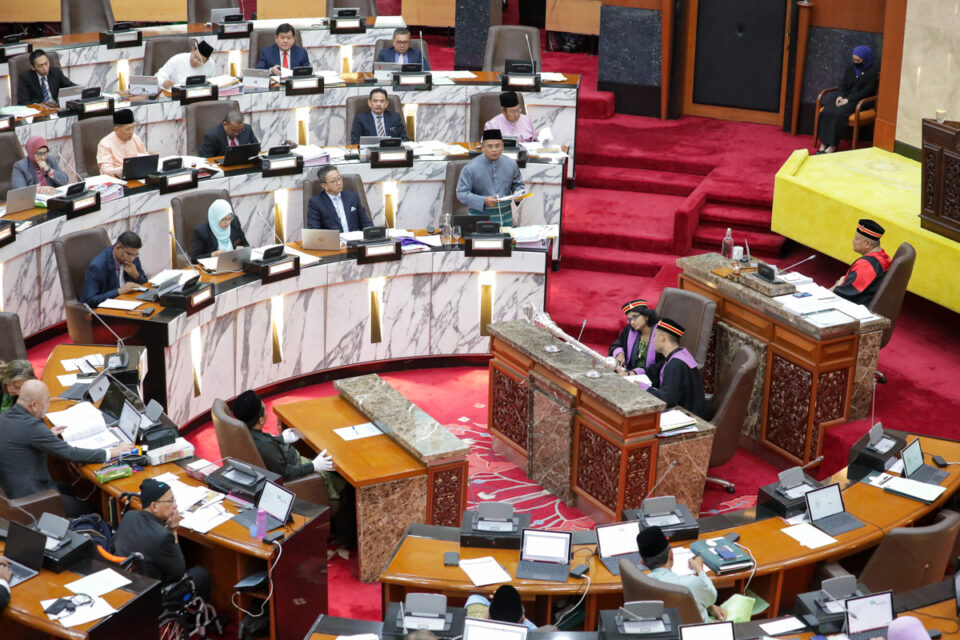By Danial Dzulkifly
PETALING JAYA, July 4 — State governments led by Pakatan Harapan (Harapan) dominated the top five spots in a ranking of the most democratic state assemblies, with Selangor claiming the lead, according to CSO Platform for Reform, a collective of 60 civil society organisations in the country.
In a press conference today, the coalition released the chart, developed under the Malaysia Democracy Watch initiative, which recognises Selangor as the most democratic state assembly with a score of 69 per cent, followed by Perak (60 per cent), Negeri Sembilan (54 per cent), Pahang (53 per cent), and Penang (52 per cent).
“The Selangor state legislative assembly has demonstrated commendable performance by meeting set parameters and emerging as a leader in key areas such as the implementation of equal allocation of constituency development funds.
“It is also the state assembly with the longest sitting period for one term, totalling 22 days, compared with other state assemblies,” said the coalition’s Parliament and State Legislative Assembly Reform head Tharma Pillai.
The rankings had Perlis (democratic score of 34 per cent), Terengganu (37 per cent), and Sabah (40 per cent) as the bottom three.
Tharma said the low scores were attributed to the three states’ failure to implement significant reforms within their assemblies, such as appointing Public Accounts Committee chairmen from the government bloc and unequal distribution of area development allocations.
The observations highlighted the disparity in the political landscape across Malaysia, as not all state legislatures embraced the same reform agenda.
Some states have not debated or passed an anti-party hopping law, which was approved by the Dewan Rakyat and Dewan Negara last year. Seven states — Selangor, Penang, Perak, Perlis, Negeri Sembilan, Kelantan and Sarawak — have enforced the law by amending their respective constitutions.
Meanwhile, Tharma said the democratic score chart was developed based on 14 parameters.
He said the chart was created with equality in mind, and efforts were made to ensure unbiased assessment.
“I understand that some state governments might have their own parameters, but our assessment was conducted based on an apple-to-apple comparison.
“We welcome any state government that wishes to discuss its chart ranking, as it would foster a debate to enhance democratic practices as a whole,” he said.
The 14 parameters used in the assessment were:
- Establishment of a Public Accounts Committee (PAC)
- Publicly viewable PAC meeting
- Whether the PAC chairman is from the opposition
- Number of special select committees
- Prime Minister/Menteri Besar/Chief Minister/Sarawak Premier question time
- Anti-party hopping law
- Recognition of a shadow cabinet
- Standing committees
- Election of speaker and deputy speaker
- Parliamentary and state assembly sitting period
- Recognition of opposition leader
- Percentage of MPs/assemblymen not in the cabinet/exco
- Implementation of Undi18
- Equitable constituency development fund allocations





